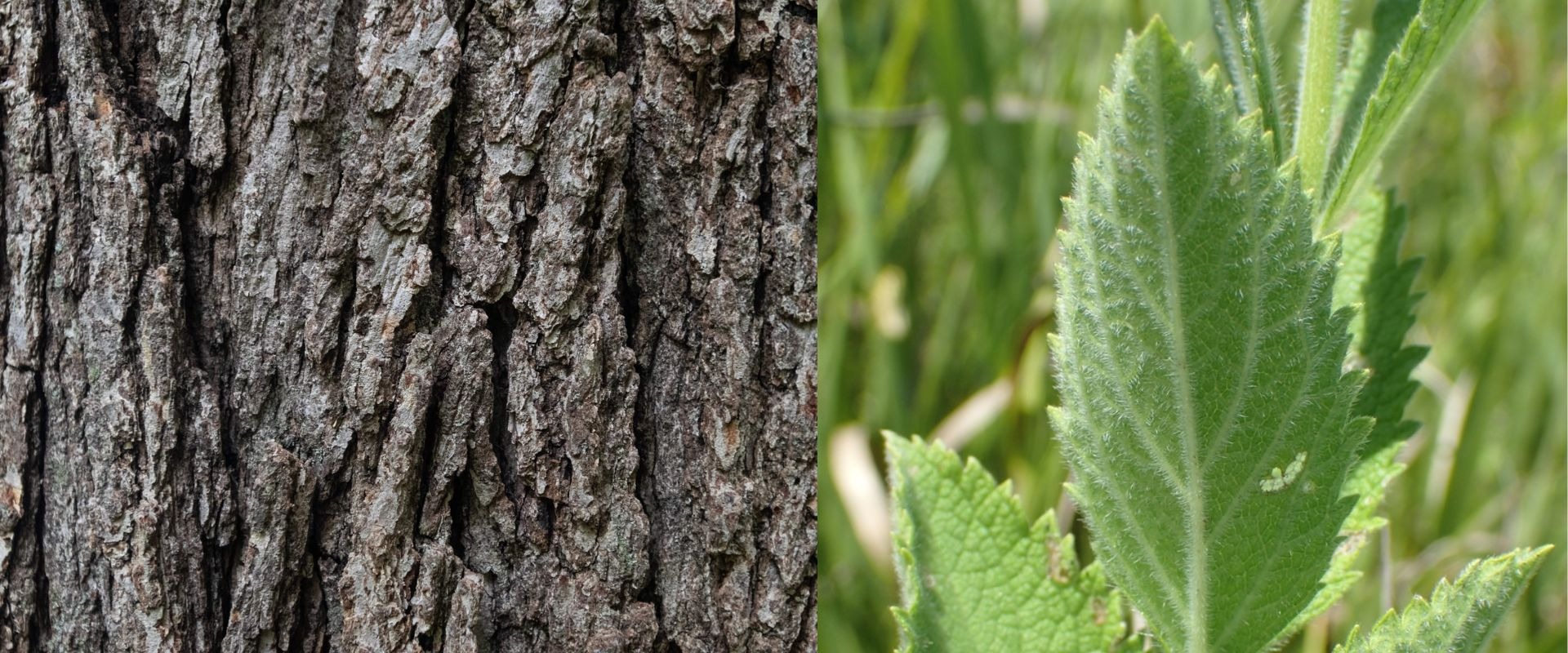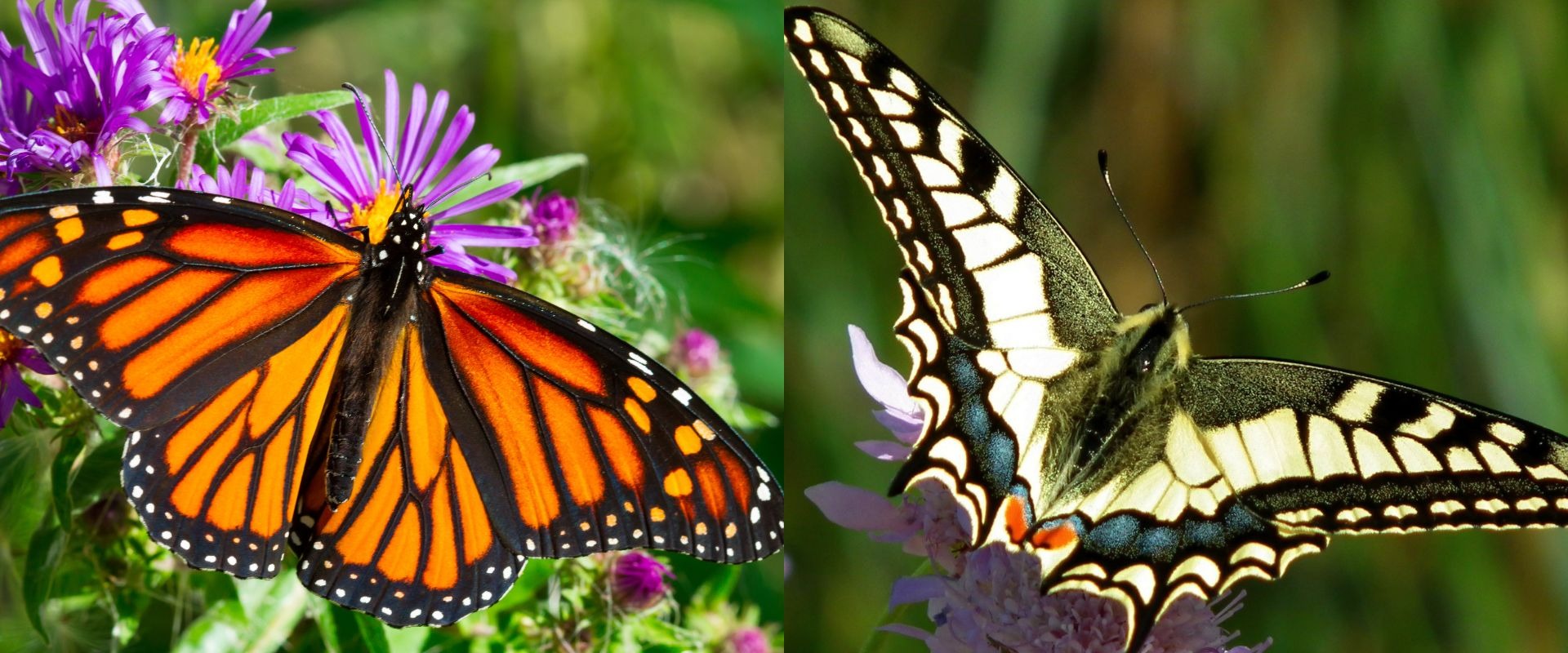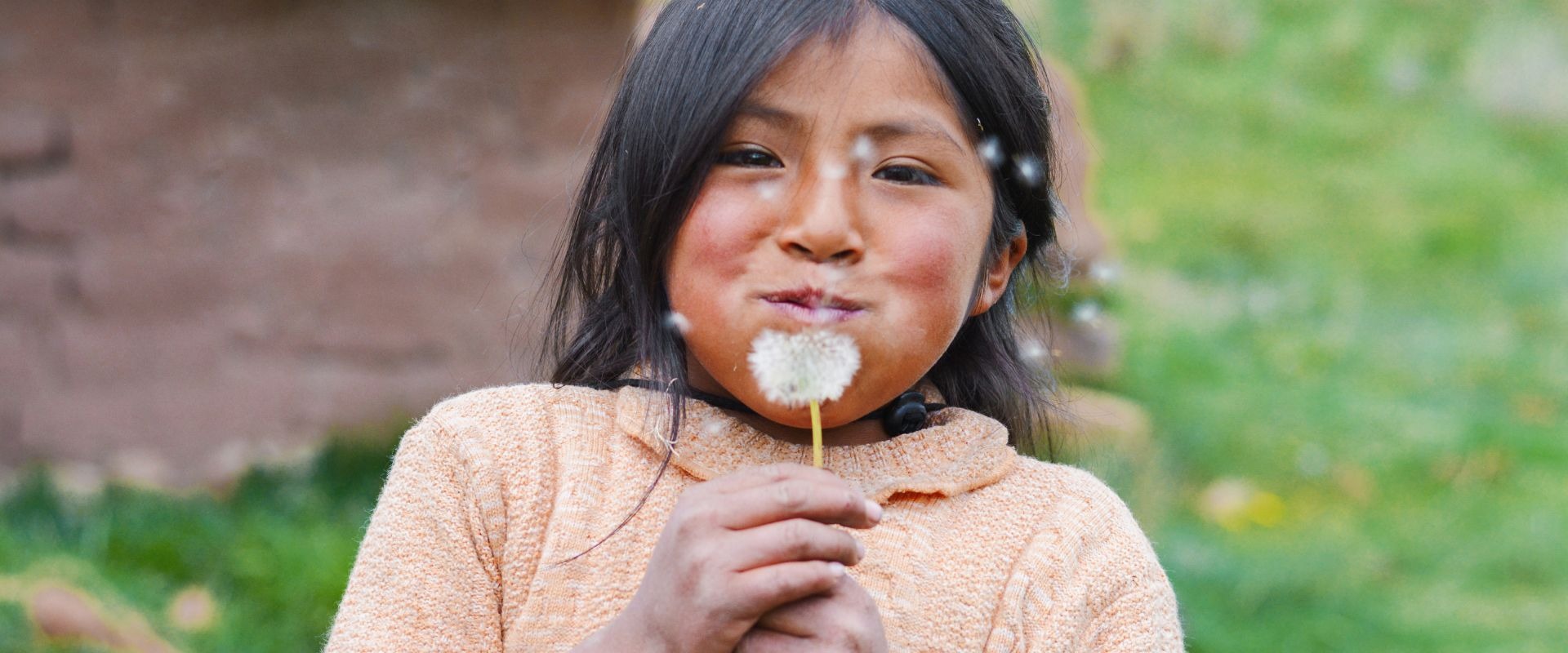These popular topics are heating up. Explore today's most viewed pages.
If you’ve ever asked yourself, “How do I help my child explore and get more comfortable in the outdoors?” or are simply looking for simple ways to build their excitement and curiosity about nature, you’ve come to the right place!
Below take a look at all of the different ways you can inspire your kids to explore, notice, and ask questions about the world around them this month.
All of these activities can be done somewhere outdoors near you, such as your backyard or neighborhood park, although the more wild the place, the better!

Feel around for different textures on your hike. Can you feel rough, smooth, fuzzy? What does different tree bark feel like? What about rocks or plant leaves?
Be wary of sharp thorns or poison ivy. Those are best experienced with eyes only!

In summer, you can see the most species of butterflies! Can you spot any gliding by? Butterflies need native plants as caterpillars and adults. To attract and raise butterflies in your own yard, choose to plant native plants instead of lawn grass and non-native flowers.

Explain these words and ask your child to find something that corresponds to each:
You and/or your child can move as these words suggest or as the things they find. What else can they find? Enjoy their wonder and ask them questions about what they find. Affective sharing (responding together over shared sights, sounds, and experiences) strengthens family bonds.
Ask your child to find a plant that is shorter, the same size, and taller than them. Can they find one to fit those criteria for you? Learning in natural environments can boost performance in reading, writing, math, science, and social studies.

Help your child connect their thumbs and pointer fingers to create a viewing screen. It doesn't need to be a perfect shape. Have your child find something for you to view through their screen, then switch! Ask questions about their object! What do they like about it? What would they guess it could be?
Children (especially very young children) who spend more time learning outdoors have increased self-discipline and emotional well-being than those with little, or reduced, time in nature. Learn more about the benefits of engaging your child outdoors from the Children & Nature Network.